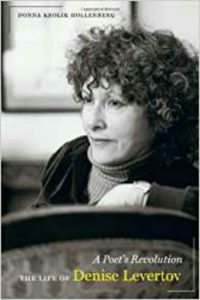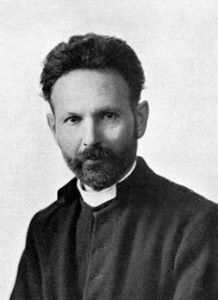Last Sunday after Pentecost, Christ the King, Proper 29A, 1B, November 30, 2014; The Rev. Pamela L. Werntz
1 Corinthians 1:1-9. Grace to you and peace from God our [Author] and the Lord Jesus Christ.
Mark 13:24-37. Keep alert…keep awake…and what I say to you I say to all: keep awake.
O God of New Beginnings, may we have the wisdom, the strength, and the courage to seek always and everywhere after truth – come when it may and cost what it will.
Today marks the end of our liturgical year in terms of Sundays. Today marks the end of our reading of the Gospel of Matthew (I know some of you are thanking God for that). We have reached the end of the teachings of Jesus in Matthew’s Gospel narrative. This passage is the conclusive teaching before the Passion. It’s combined in our lectionary with another great sorting prediction from the prophet Ezekiel, and an interlude from the letter to the Ephesians.
When I was growing up, my parents were fond of prefacing announcements with: “I’ve got good news and bad news.” There was a household expectation of asking for the bad news first. Whatever the bad news, presumably, it would be balanced out by the good news (it didn’t always work). That trope kept coming back to me as I reflected on our readings for today. It’s probably not coincidental that I was anticipating my brother Rob and sister-in-law Anna being in church today! Continue reading



